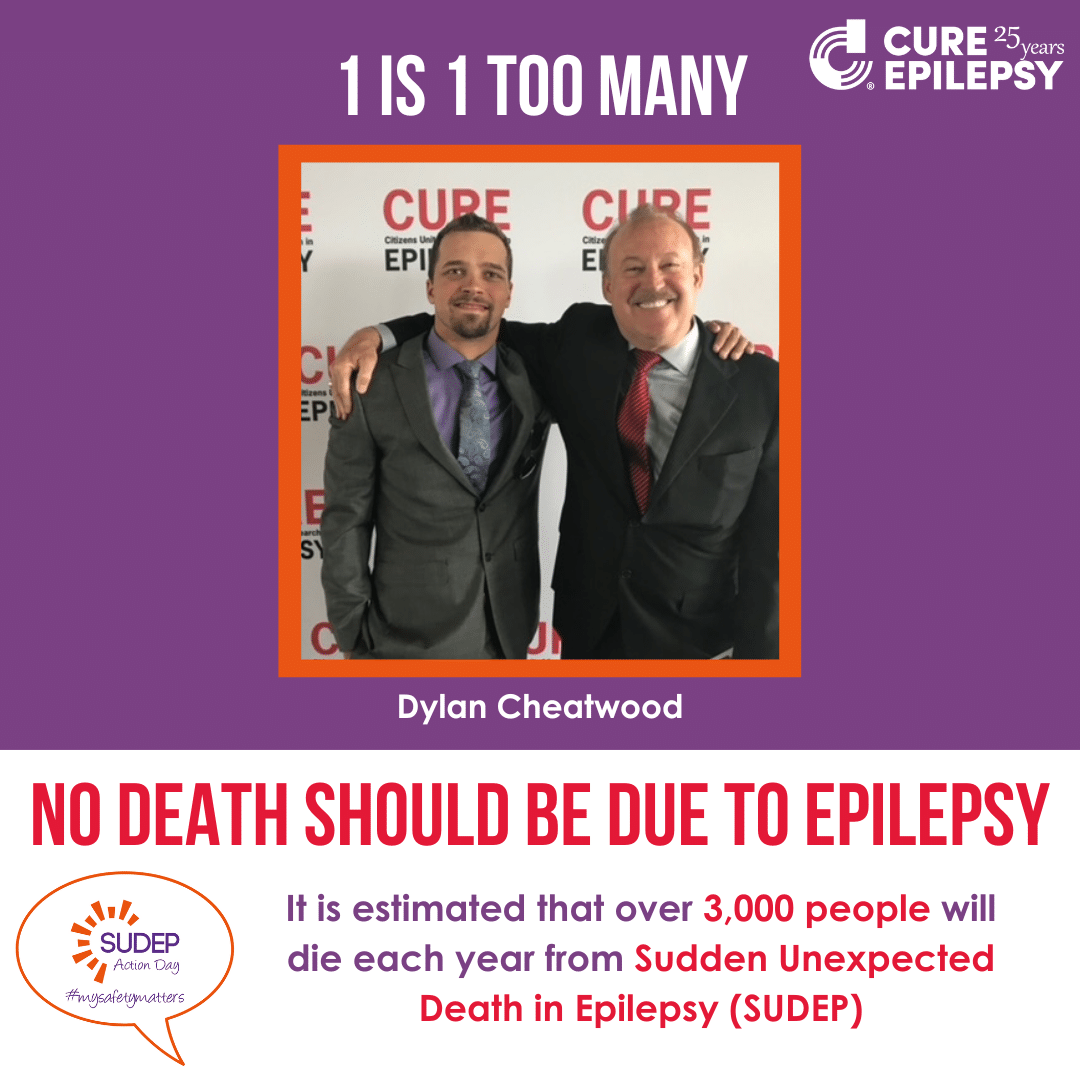Seizure and Sudden Unexpected Death in Epilepsy (SUDEP) Characteristics in an Urban Intellectual Disability Service
May 14, 2020
Abstract, published in Science Direct
Purpose: This study identifies epilepsy-related characteristics and SUDEP risk factors in people with epilepsy (PWE) attending an urban community intellectual disability (ID) service in the United Kingdom (UK). Managing epilepsy is not part of the provided service, but it is important to understand the care provided to this vulnerable population.
Methods: An electronic database search in a north London community ID service (catchment population approx. 290,000) identified relevant ID/epilepsy characteristics in PWE to compare those with mild ID to moderate-profound ID. The SUDEP and Seizure Safety Checklist was administered to patients and families/care givers. Risk management data was compared to similar data from Cornwall UK, where PWE are supported within the ID service and the Checklist is used annually.
Results: One fifth of people attending the service had epilepsy. Over 75% had moderate-to-profound ID. Neurodevelopmental disorders were coexistent in ~66%, psychiatric conditions in 33%, (25% of which was psychosis). The mean number of anti-seizure drugs was 1.45 ± 0.98, and 25% were taking psychotropic medications. Over 33% did not have an epilepsy care plan. None contacted (n =103) had SUDEP awareness. The median number of Checklist risk factors was seven. Thirty-three percent had experienced seizures lasting >5 mins or status epilepticus. In comparison to the Cornish ID data significant differences were evident in four of seven modifiable risk factors.
Conclusions: This real-world study highlights the complexity and risks among people with epilepsy and intellectual disability. The lack of a collaborative approach can undermine the safety of this vulnerable population. Person-centered risk communication and care plans are easily achievable and essential. Kindly check editorial remark and do the needful.






